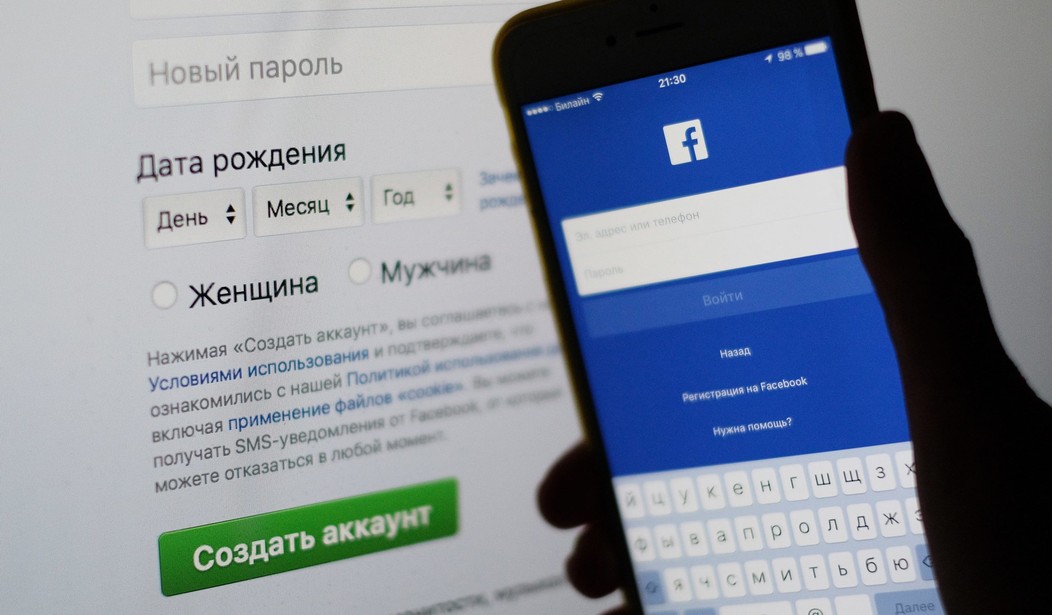Facebook, one of the most profitable companies in the world with two billion users, admitted they sold $150,000 in ad space to Russia, including $100,000 to a Russian troll farm that has a history of advancing pro-Russian propaganda. That in spite of the fact that under federal law foreign citizens and foreign governments are not allowed to contribute to campaigns or spend money to influence elections in the U.S.
Facebook has shut down the accounts and chief security officer Alex Stamos wrote in a statement that the company remains committed to “protecting the integrity of civic discourse.”
The company then made additional efforts to search for ads with Russian connections. They said they conducted a broad search “including, for instance, ads bought from accounts with US IP addresses but with the language set to Russian — even though they didn’t necessarily violate any policy or law. In this part of our review, we found approximately $50,000 in potentially politically related ad spending on roughly 2,200 ads.”
There’s no indication of whether this is just the tip of the iceberg or if much more money flowed into Facebook from overseas.
“We know we have to stay vigilant to keep ahead of people who try to misuse our platform,” Stamos said.
With Facebook and Google responsible for more than half the advertising revenue in the U.S., their failure to prevent this is an embarrassment, coming after many denials that postings of fake news on their site could have influenced last year’s presidential election.
Facebook employs thousands of engineers who work day and night to constantly improve and tweak their platform to provide more engagement. That includes adding features, making small changes, and testing a wide range of new ideas. Yet, in spite of their vast resources and huge profits, they were not able to adequately protect us from foreigners and foreign governments intent on influencing our election. Perhaps more accurately, it was just not a priority for them.
This revelation has come in addition to previous admissions of their inability to address false news being posted to its site.
Kara Swisher of Recode blasted Facebook and Google last December on their inability to address these issues.
“I feel like Silicon Valley is still 12 years old and they act like they aren’t powerful, that they don’t have huge businesses, that they just can’t fix it because it’s super, super duper hard,” she said. “Well they’ve been part of creating this mess and they should absolutely be part of fixing it.”
“Both Facebook and Google are pretending they aren’t media companies in some way, yet they are where everyone gets their news nowadays. They may not be creating news like the New York Times, but they are distributing it. They’re an important part of selecting what gets seen by people,” said Swisher.
The $100,000 in Russian ad revenue occurred from June 2015 to May 2017 and came from 470 accounts that were found to be fake and in violation of Facebook’s guidelines. These accounts created 3000 ads that originated in Russia. Stamos notes:
- The vast majority of ads run by these accounts didn’t specifically reference the US presidential election, voting or a particular candidate.
- Rather, the ads and accounts appeared to focus on amplifying divisive social and political messages across the ideological spectrum — touching on topics from LGBT matters to race issues to immigration to gun rights.
- About one-quarter of these ads were geographically targeted, and of those, more ran in 2015 than 2016.
$150,000 is a small amount when you consider Facebook’s total ad revenue. But it’s an early warning of how foreign forces could have an even bigger impact on future elections and influence popular opinion. Hopefully, it’s a wake-up call for Facebook to take this more seriously.









Join the conversation as a VIP Member